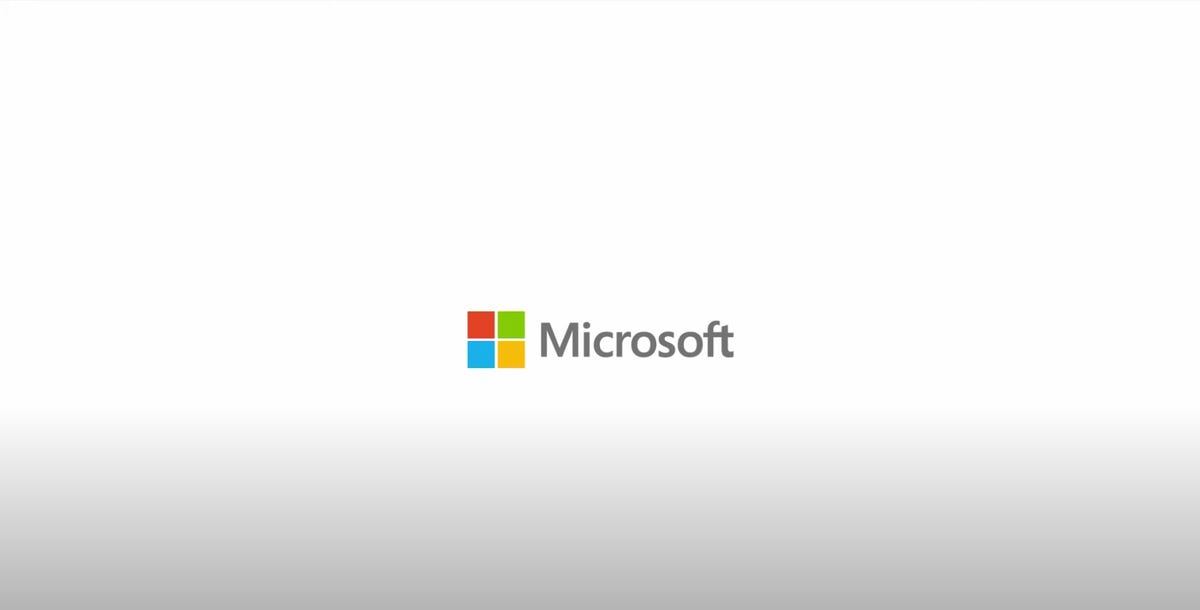
Technology creates problems and opportunities, perhaps in equal measure.
Many, though, simply aren't equipped to deal with the mistakes that technology induces them to make.
A fear surely shared by almost everyone is the absent-minded, wrong-headed response to an email.
How are you supposed to say you didn't mean it? How are you supposed to fix what you've done?
I'm indebted -- as I hope you will be -- to Microsoft[1] for airing these questions and inciting the world's ingenuity in reply.
The company's fine Twitter account posed it like this[2]: "You just accidentally hit 'reply all' on a department-wide email. What's your next move?"
Some of its followers naturally reached for a version of "my account was hacked."
I'm not sure how wise that would be, given that companies are now used to analyzing who did the hacking, when, and how.
Yet one intrepid responder mused: "Send nsfw pics and declare your account hacked." Another even suggested you find a hacker to actually hack your account.
Oh, I'm not sure that would entirely help.
Then, however, came some more insightful -- and amusing -- suggestions.
This from Microsoft programmer Miguel de Icaza[3]: "Engage with the constructive feedback by replying to all comments, turning pointed remarks into an opportunity to grow as an organization and do a full root cause analysis and postmortem on what brought us here with everyone on CC."
Truly ingenious. It shows the work of a committed corporate soldier, too.
Some suggested you recall your email. But that only works if no one has already read it.
Soon, Microsoft's partners began to partake. The Dell XPS account offered[4]: "Turn on your 'Out of Office'

